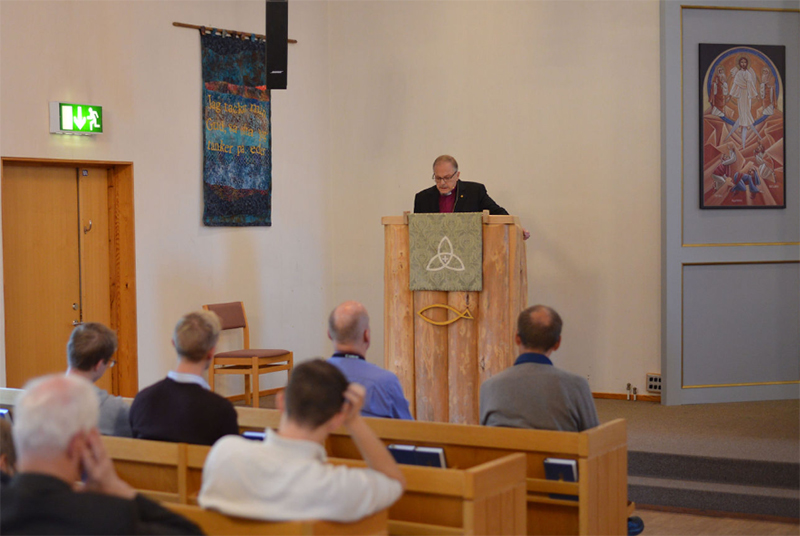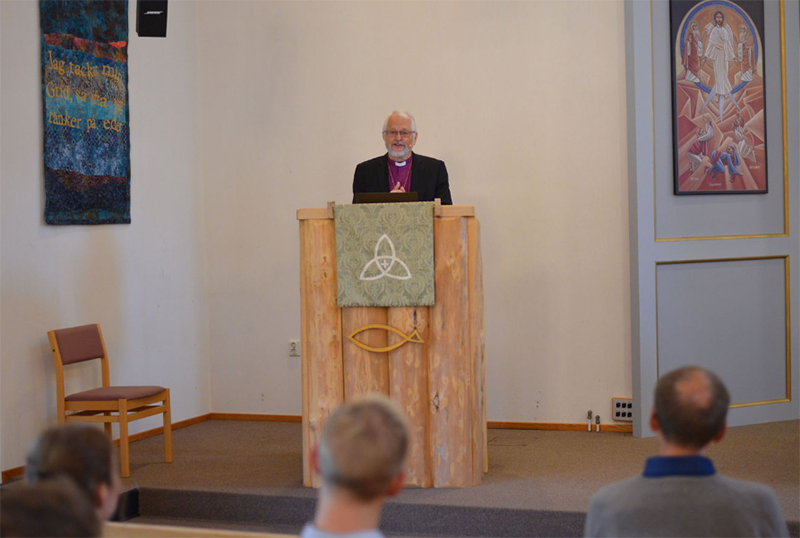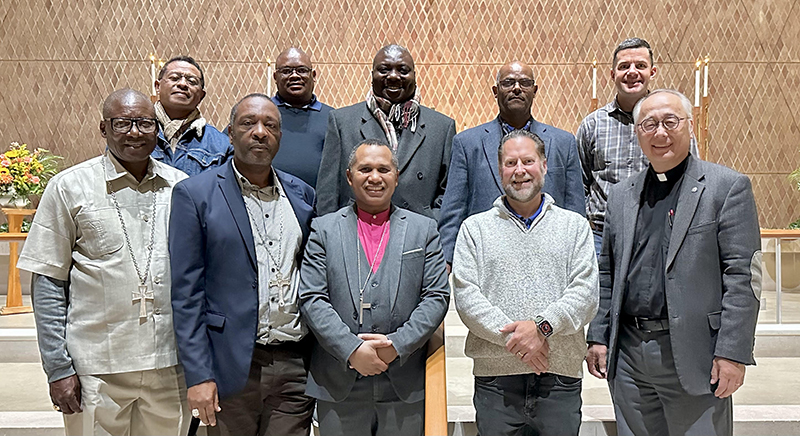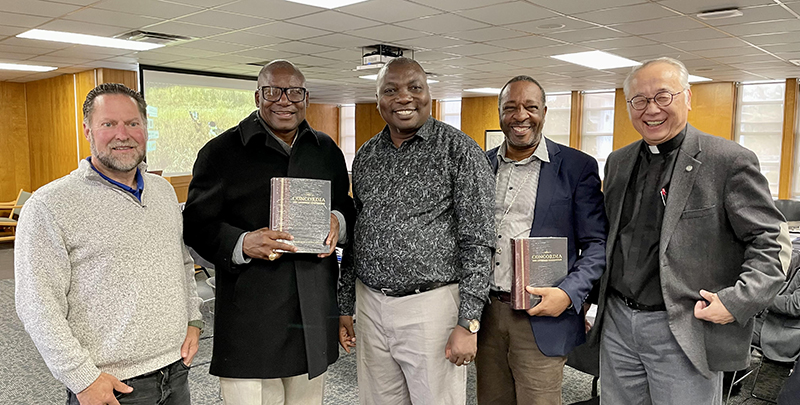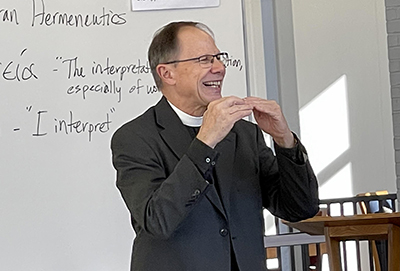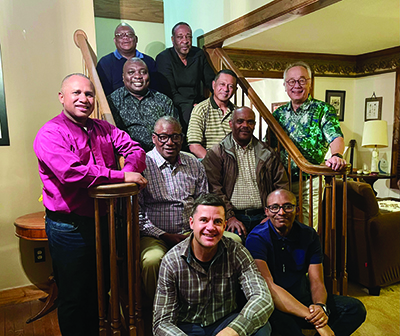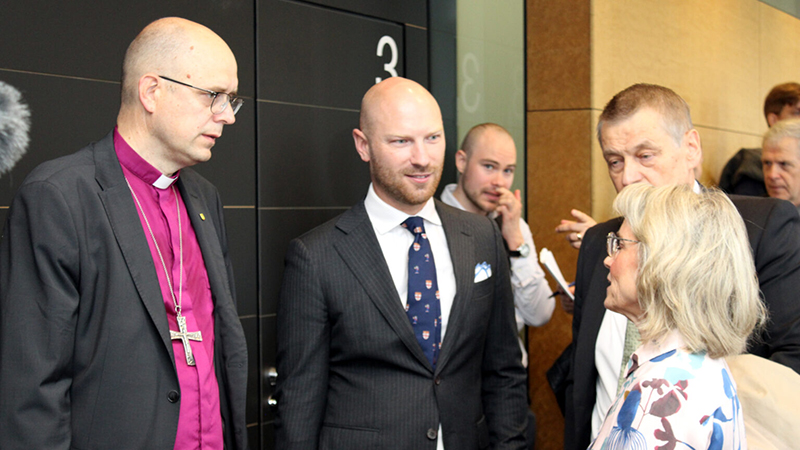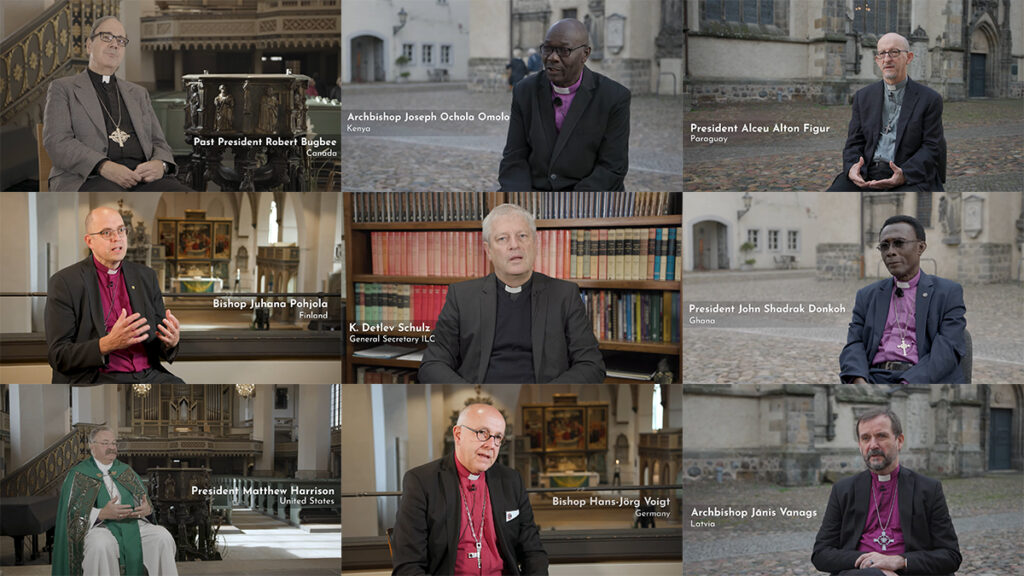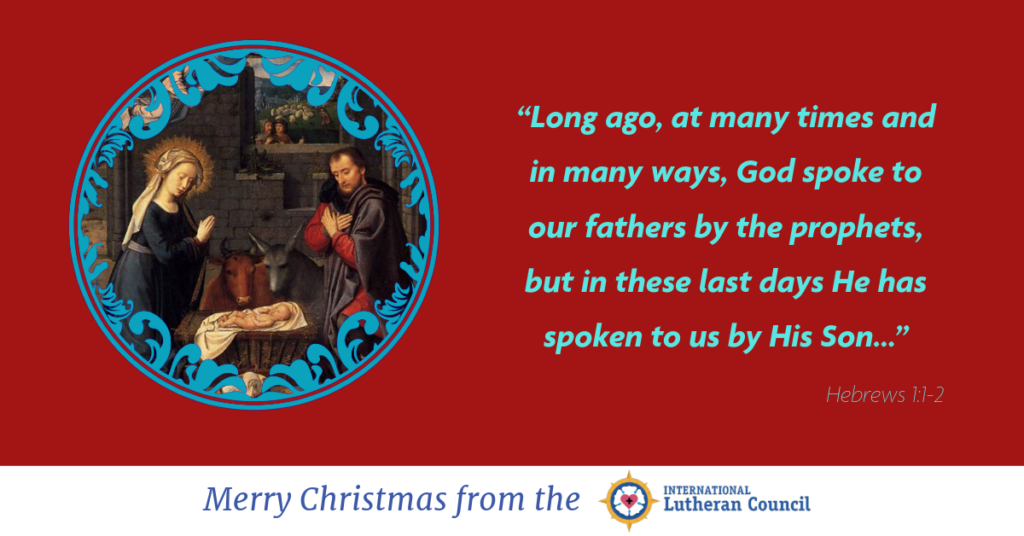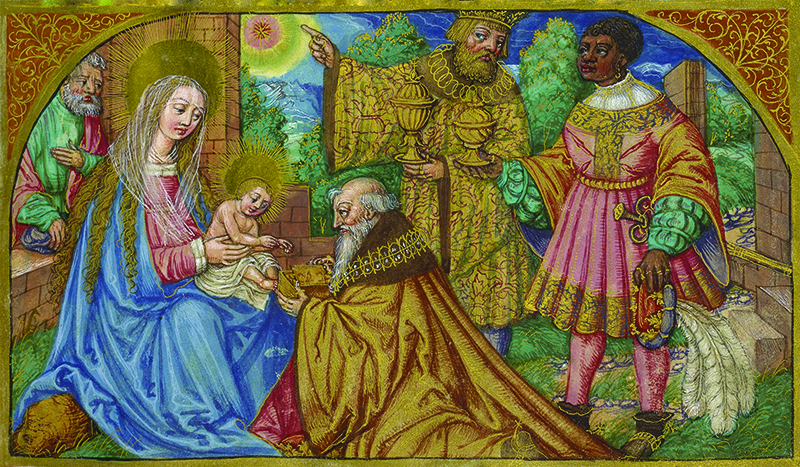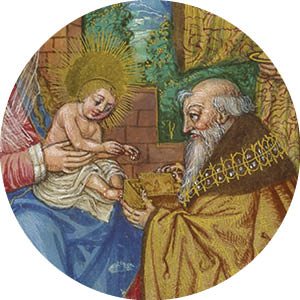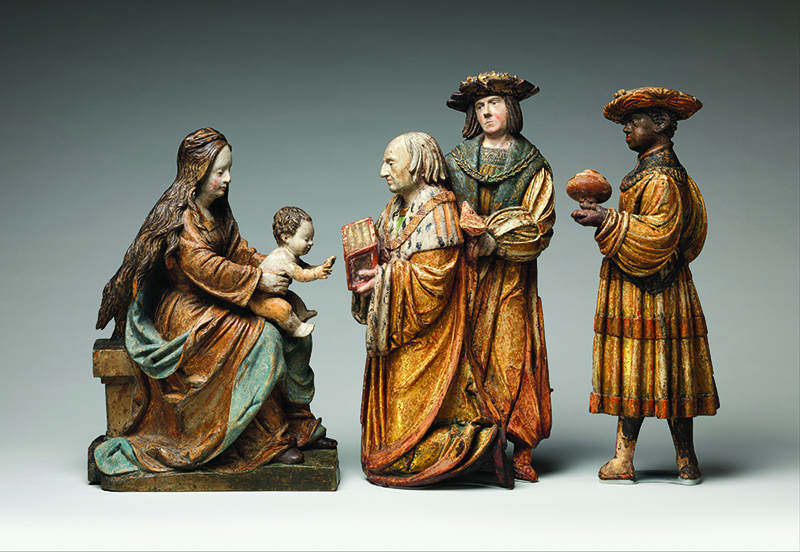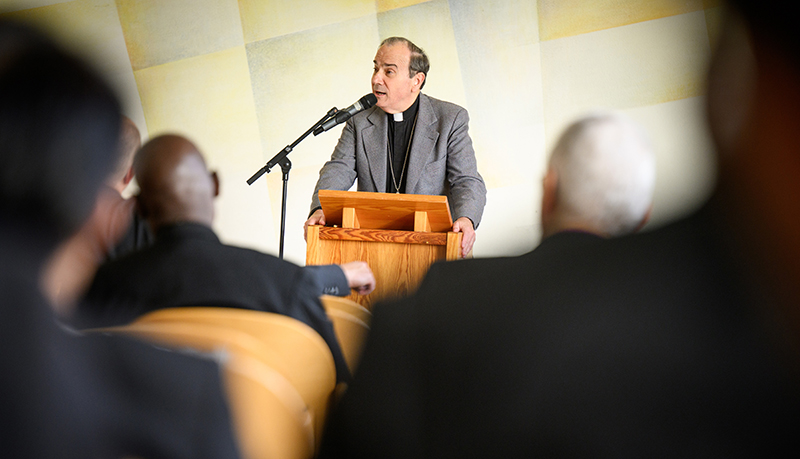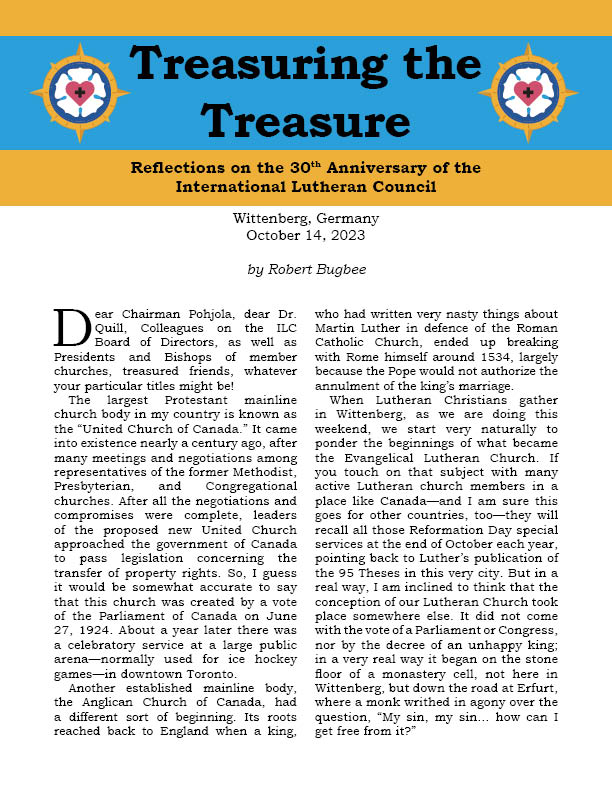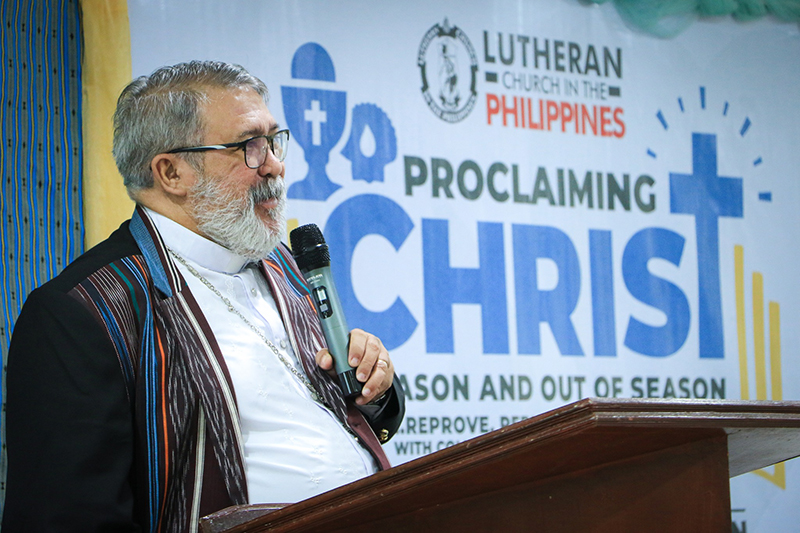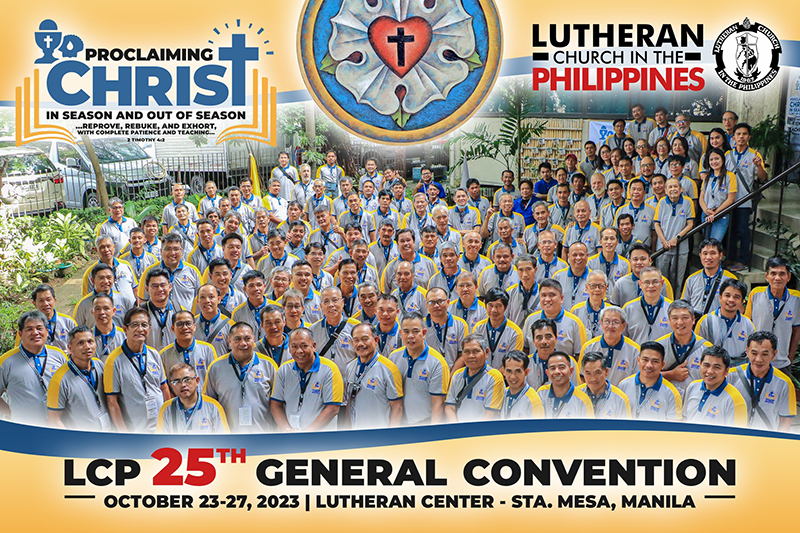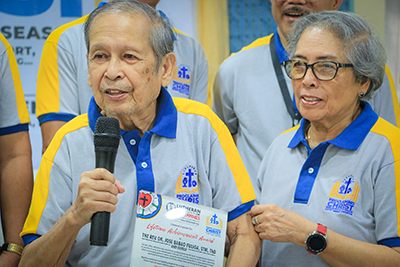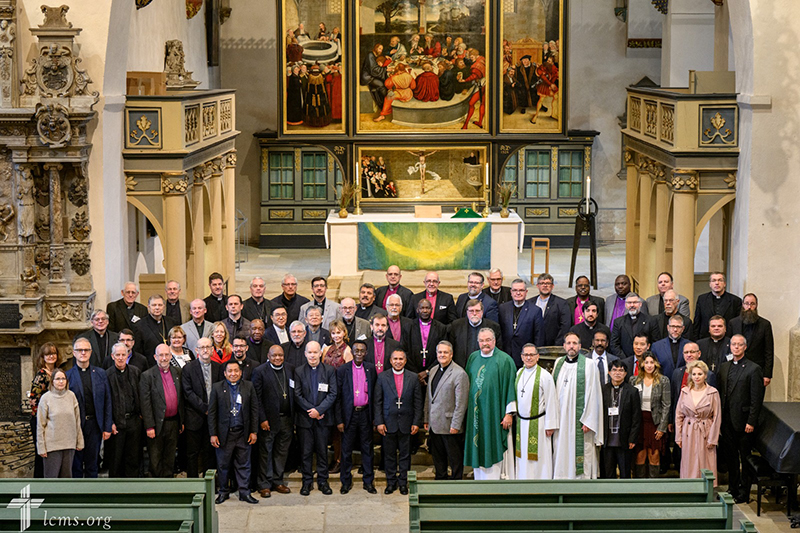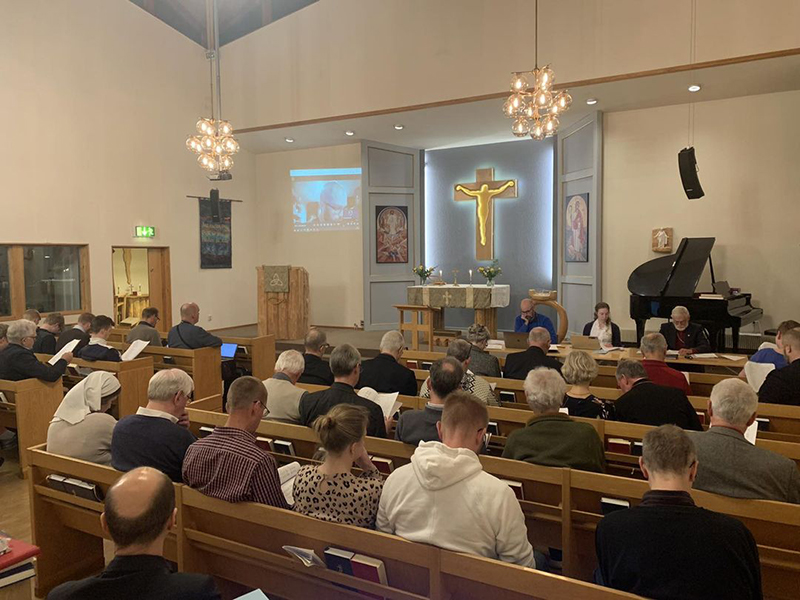
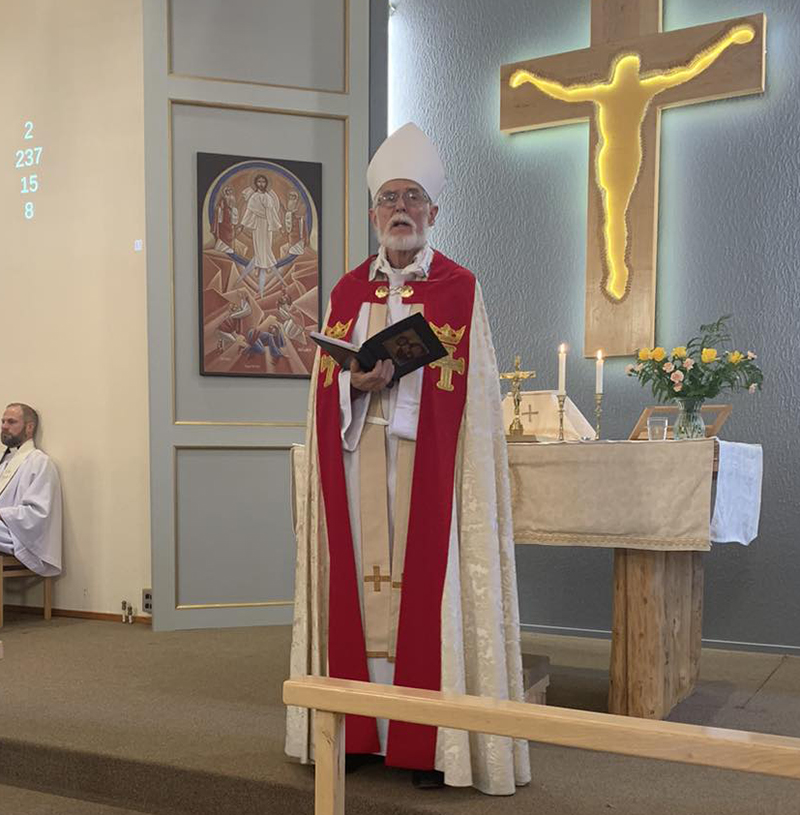
SWEDEN – On October 28, 2023, the Mission Province (Missionsprovinsen – MP) in Sweden celebrated its 20th anniversary at an event in Tuve, Gothenburg. The event came at the conclusion of 2023’s Provincial Convention, which brought together clergy and lay representatives from congregations across the country.
MP Bishop Bengt Ådahl opened the convention on October 27, and business sessions took place that evening and the next morning. Among other business, the Mission Province discussed work in Israel; clarified the role of the diocesan priest; and conducted elections for the MP’s Mission Council.
Anniversary celebrations followed the conclusion of business sessions, with Bishop Emeritus Risto Soramies of the Evangelical Lutheran Mission Diocese of Finland (Suomen evankelisluterilainen Lähetyshiippakunta – ELMDF) giving a guest lecture. Bishop Soramies spoke on the nature of confession and the characteristics of the Church. A lecture by Bishop Thor Henrik With of the Evangelical-Lutheran Diocese in Norway (Det evangelisk-lutherske stift i Norge – DELSIN) followed. Bishop With spoke on “Una Sancta: Gift and Task in the Tension between Multiculturalism and Individualism.”
Greetings from other church leaders were also received, including from Bishop Hans Jönsson on behalf of the Evangelical Lutheran Church of Latvia (Latvijas Evaņģēliski luteriskā baznīca – LELB). Bishop Jönsson is originally from Sweden.
The anniversary celebrations drew to a close with a communion service led by Bishop Ådahl.
The Mission Province was founded in 2003 as a confessional movement within the state Church of Sweden. Its first bishop was Arne Olsson, who was consecrated by Bishop Walter Obare of the Evangelical Lutheran Church of Kenya (ELCK) in 2005. In 2010, Bishop Arne was succeeded by Bishop Roland Gustafsson. The Mission Province would go on to play an important role in the establishment of the ELMDF in Finland and DELSIN in Norway, with the three dioceses enjoying close relations to this day. Bishop Gustaffson was succeeded in 2019 by Bishop Ådahl.
After many years of friendly relations, the Mission Province in Sweden was accepted into membership in the International Lutheran Council (ILC) in 2018. The ILC is a global association of Confessional Lutheran churches that proclaim the Gospel of Jesus Christ on the basis of an unconditional commitment to Scripture and the Lutheran Confessions.
——————–

